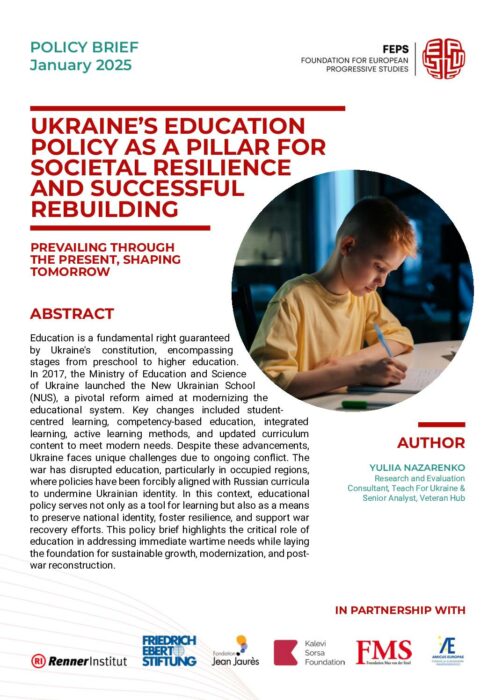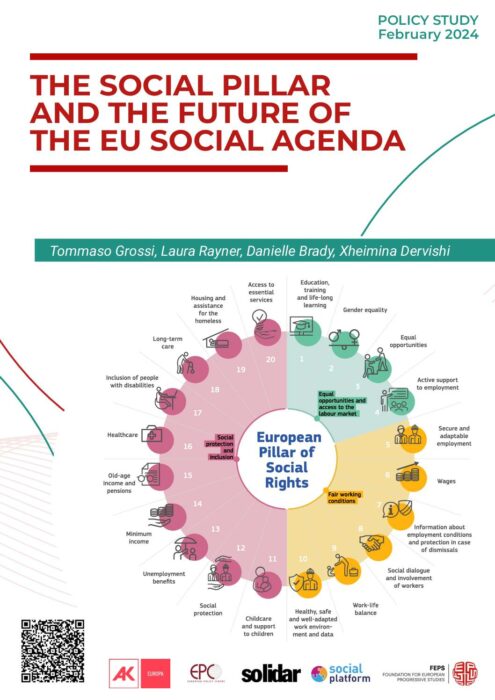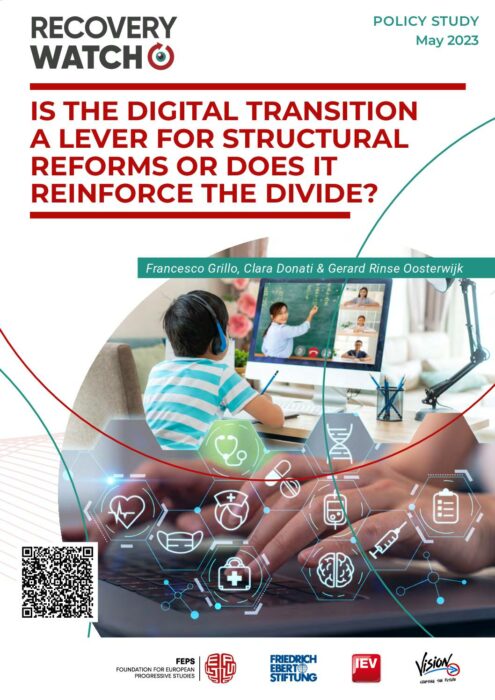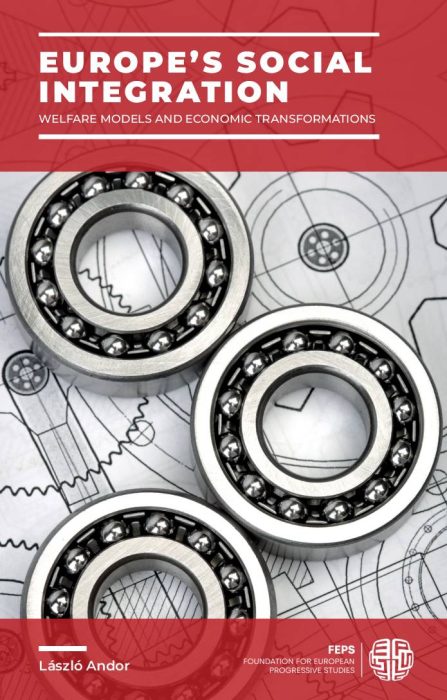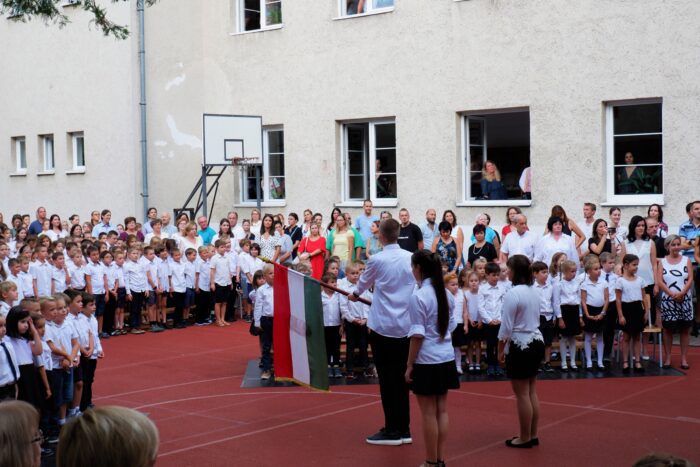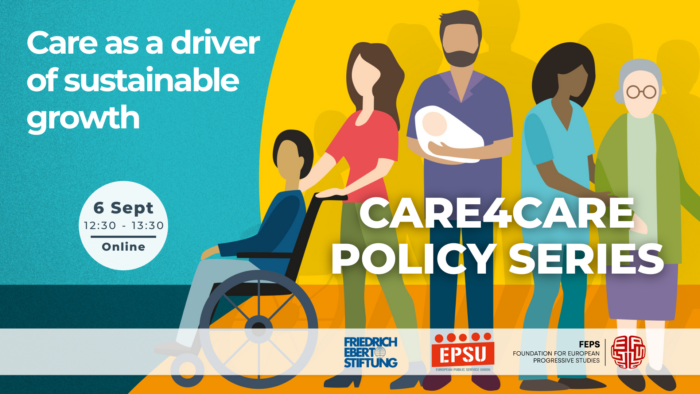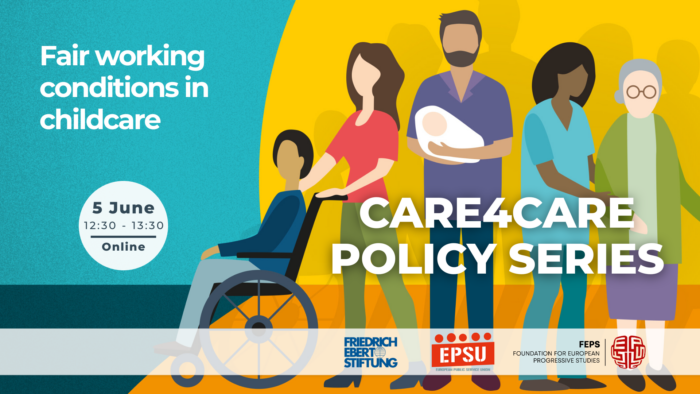Find all related publications
Publications
Find all related Progressive Post
Progressive Post
Find all related events
Events
Past
Find all related Audiovisual
Audiovisual
22/02/2024
22/02/2024
07/07/2022
Find all related in the media
In the media
PNRR e scuola: nuovi nidi a rischio fra ritardi burocratici e educatori introvabili
by Corriere della Sera 16/12/2022

